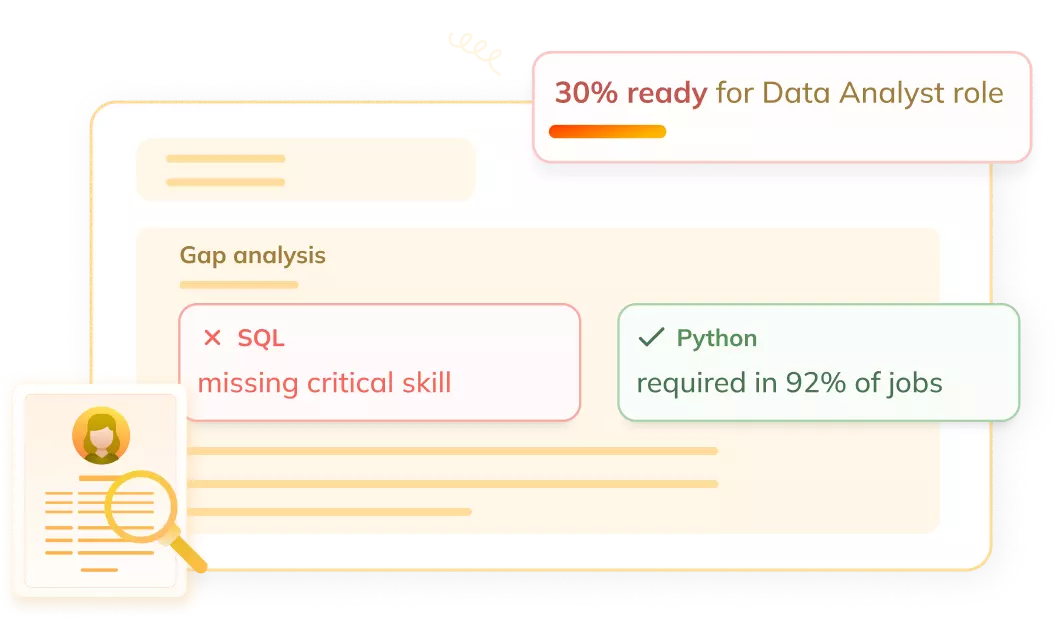Introduction
We have already seen the use cases of HBase. We have seen how HBase is used by various leading tech companies. There are various features of HBase that make it the top choice of users. However, there are some shortcomings, which we shall discuss in this article. This article will discuss both the advantages and disadvantages of using HBase.
Also see, Multiple Granularity in DBMS
Advantages of HBase
Can handle a large amount of data
HBase can be used to handle large amounts of data in the range of petabytes. It stores large data sets on the top of HDFS file storage and can be used for analytics. It is schema-less and provides quick access to the data from billions of records present in the database. Since it is schema-less, we do not have columns in HBase. Rather, we have column families. The column families can have different attributes. Also, each row is not required to have exact column family qualifiers.
Speed
Compared to various relational database management systems, the HBase is more efficient. The searching and processing are much faster in HBase. The feature of random access in HBase is one of its key features and enhances its performance.
Scalable
It provides greater flexibility, reliability, and scalability. It is linearly scalable. The schema flexibility is because of the column-oriented database. It supports variable schema. The columns can be modified (added/ removed) very easily. The other area where we get flexibility is the schema.
Schemaless
We define column families in HBase. There is no concept of a fixed schema like the RDBMS. This provides a great edge to HBase.
Java API for client access
It provides Java API for clients to process huge amounts of data. The Java API includes all Java packages, classes, interfaces, methods, fields, and constructors, which can be used by the clients.
Use cases
There are various areas where HBase is used extensively. HBase finds applications in e-commerce, healthcare, sports, oil, and petroleum industries for heavy data analytics. There are many leading tech giants like Facebook, Twitter, Adobe that use HBase.




